
News writer; Opinion columnist
Singing school children, a massive prize pool, and giant spinning drums are just a few of the signature features of Spain's El Gordo (The Fat One), a traditional Christmas-time lottery that has run for over 200 years.
It's a national event that offers one of the biggest prize pools of any drawing game in the world.
Origins of El Gordo
The lottery is called El Gordo because of its giant prize pool. In 2023, it paid out $2.8 billion to lucky winners.
Tickets cost 20 Euros each ($22.09) and are known as décimos (tenths) because they can be bought in books of ten tickets. They're a popular holiday gift to give to friends and family.
The drawing itself is held on December 22 and is considered a major national event akin to a championship sports game. Friends and family gather in homes, bars, and social clubs to watch the drawing and celebrate their wins.
The Christmas lottery broadcasts live from Madrid's Teatro Real opera house, where thousands of fans gather in colorful costumes to celebrate the annual giveaway.
The drawing runs for several hours, starting early in the morning. While most winning tickets are for small prizes, this year's top prize was 400,000 Euros, which comes out to 325,000 once taxes are paid. This grand prize-winning number for the 2023 El Gordo was 88008.
Singing school children
One of the signature features of the lottery is the participation of young children from Madrid's San Ildefonso school. The students pick out balls from two massive rolling drums. The first ball reveals the winning number, and the second ball shows the corresponding prize. They then sing out both numbers in a unique cadence that is famous throughout Spain.
Origins of El Gordo
King Carlos III established the first national lottery in Spain in 1763 to benefit charities. The December 22 El Gordo lottery began in 1812 when Napolean's French army still occupied Spain, and proceeds from ticket sales were used to fund the Spanish resistance.
A miracle in Sodeto
Because authorized lottery shops often sell only tickets with one or two different numbers, it's not uncommon for an entire town to have winning tickets.
In 2012, residents of the small farming village of Sodeto bought several tickets with the same number for the Christmas drawing. They hit on the grand prize, with winners taking home anywhere from 120,000 to almost one million Euros depending on how many tickets they had purchased.
The farmers had recently invested millions of Euros into upgrading their irrigation system and struggled to manage the debt they had incurred during Spain's financial crisis. The big win served as a lifeline, and rather than spend the money on luxury cars and beach vacations, the residents were able to pay off their creditors and invest in their businesses.
While the money did bring increased prosperity to the town, resident Rosa Pons says that the big win didn't go to people's heads.
Money doesn't bring happiness, but it has given us peace. It has made us see things differently. We don't talk about whether we have money to fill up the car, we don't ask about the price of basic things because we don't have to think about whether we can afford them or not. That's what's changed, the little things.
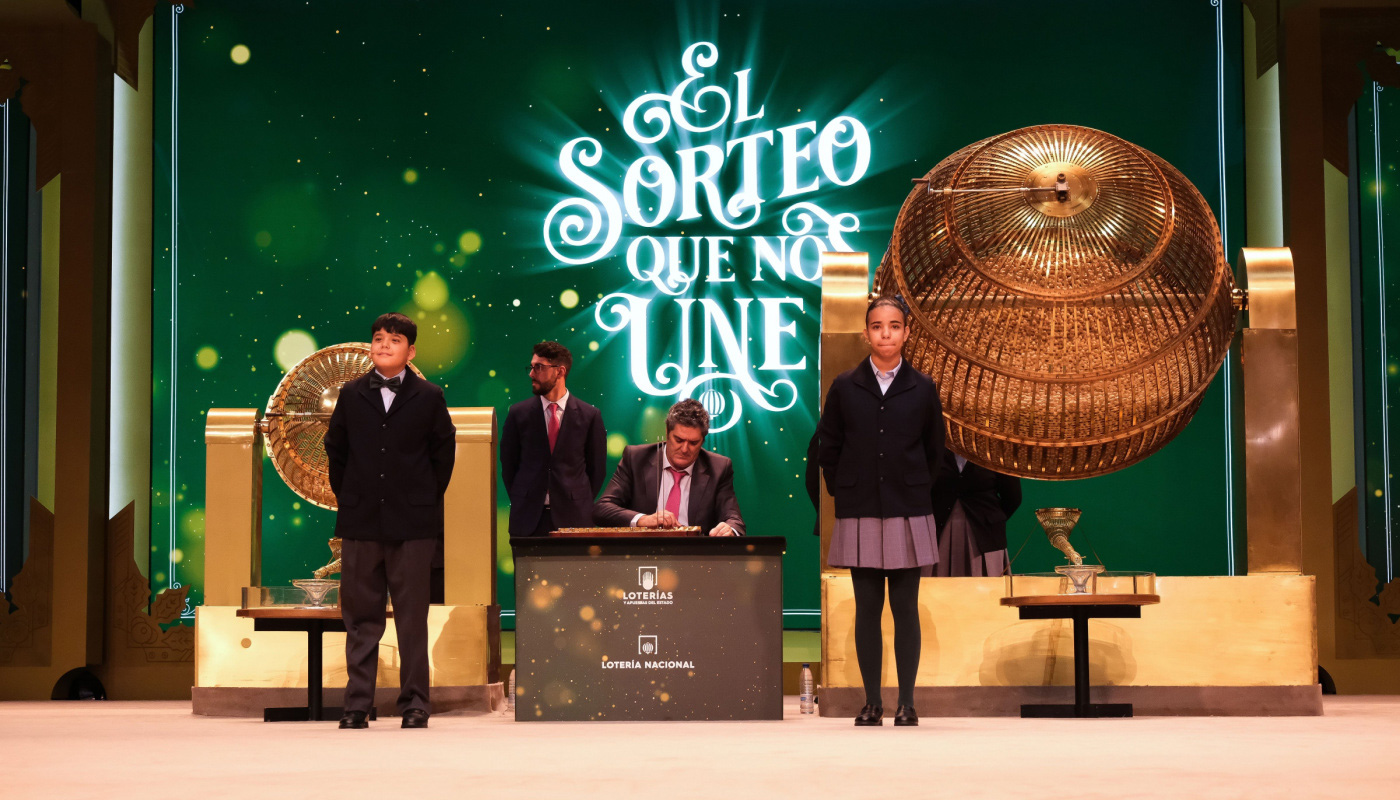


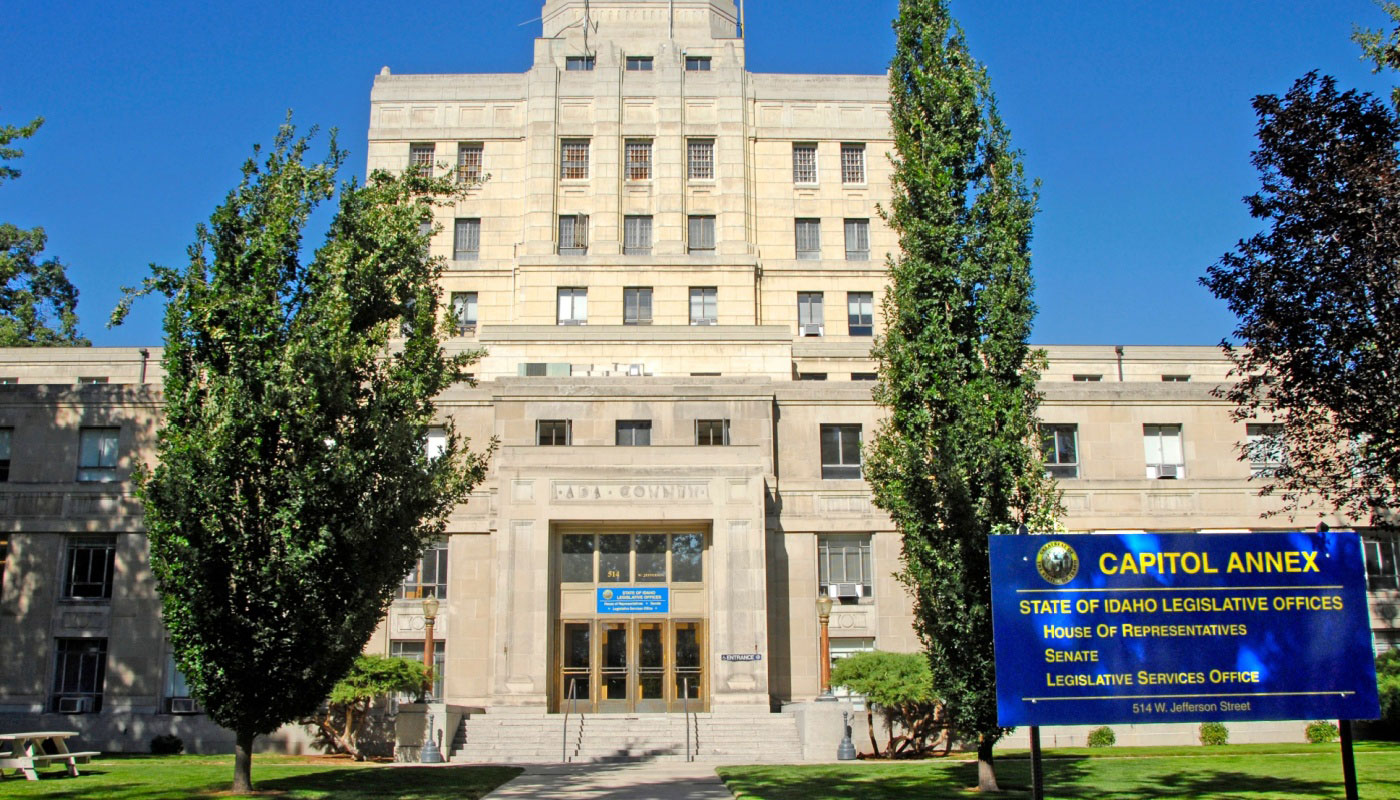
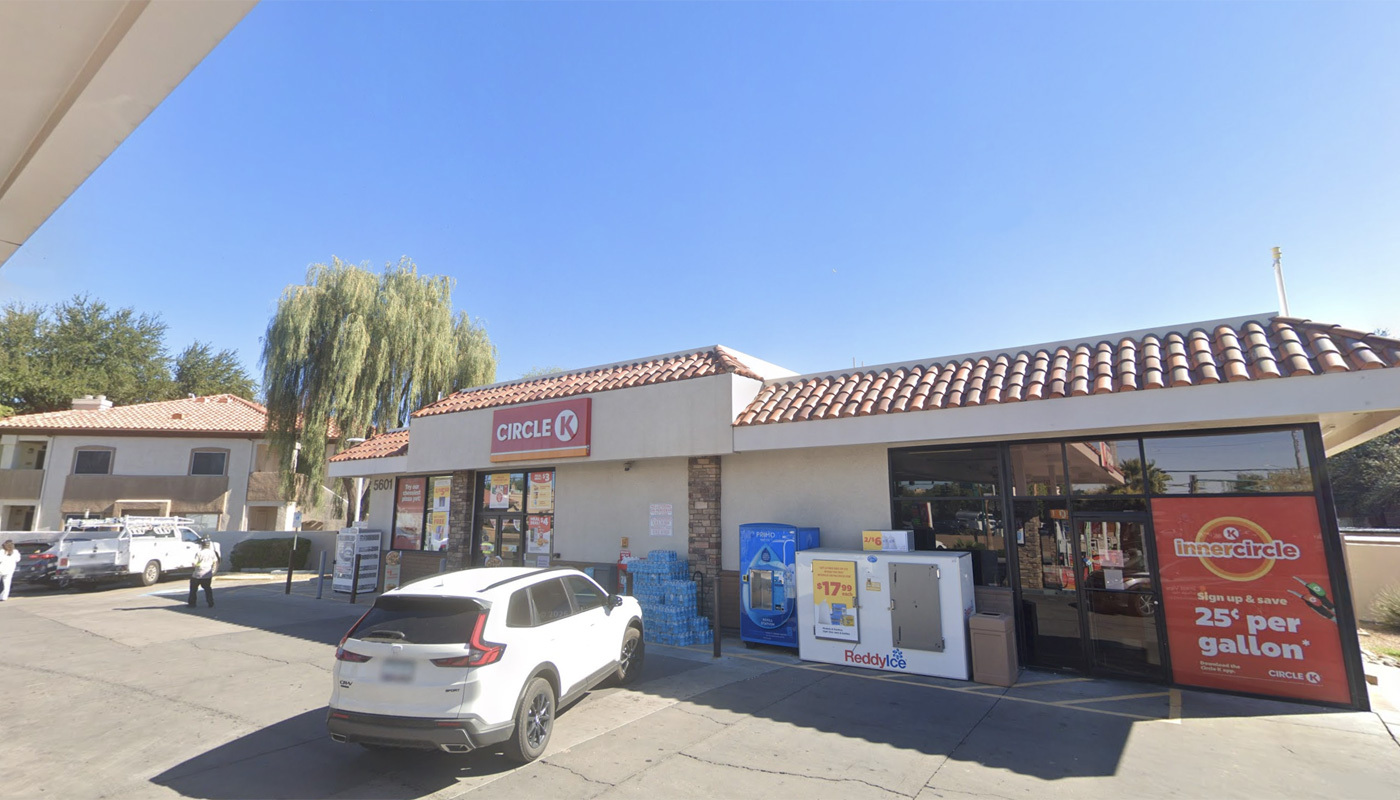

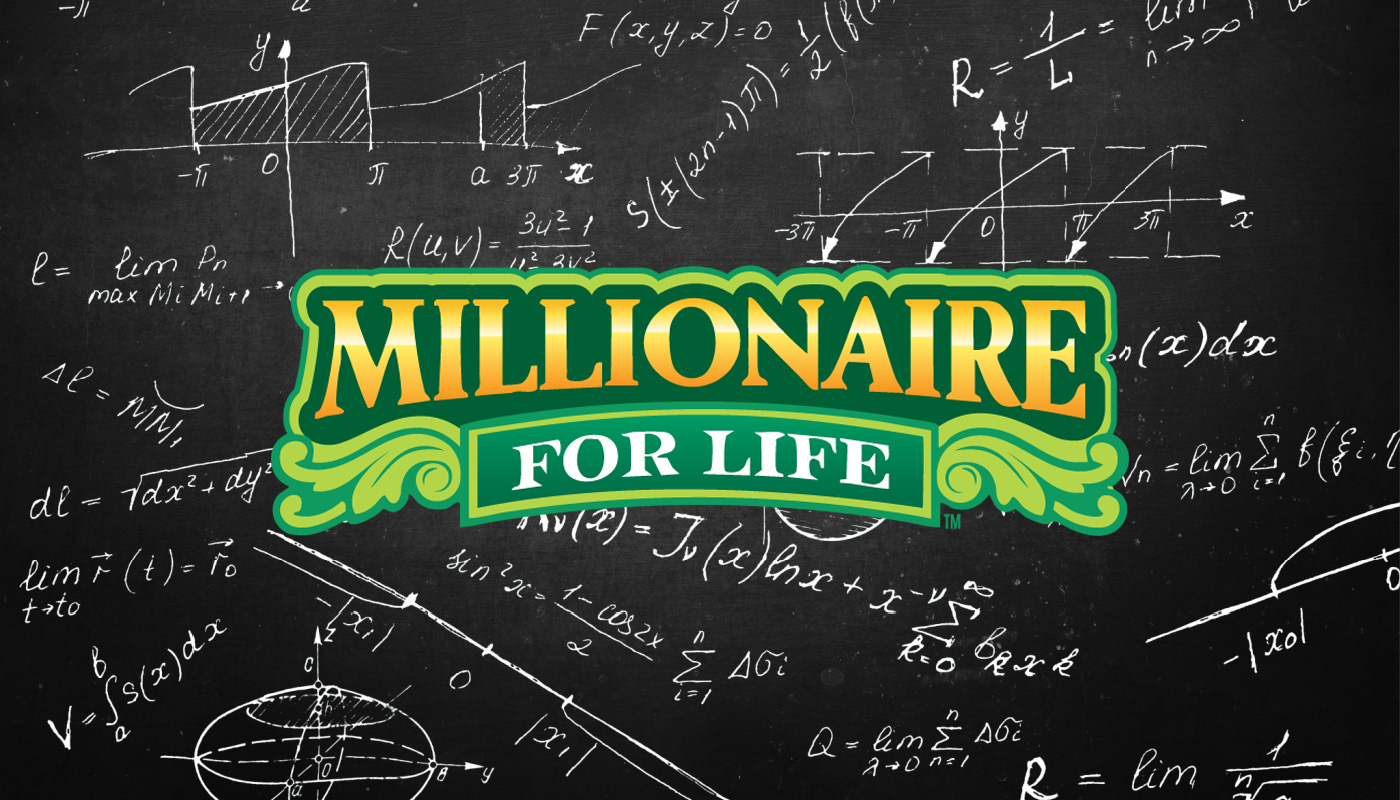

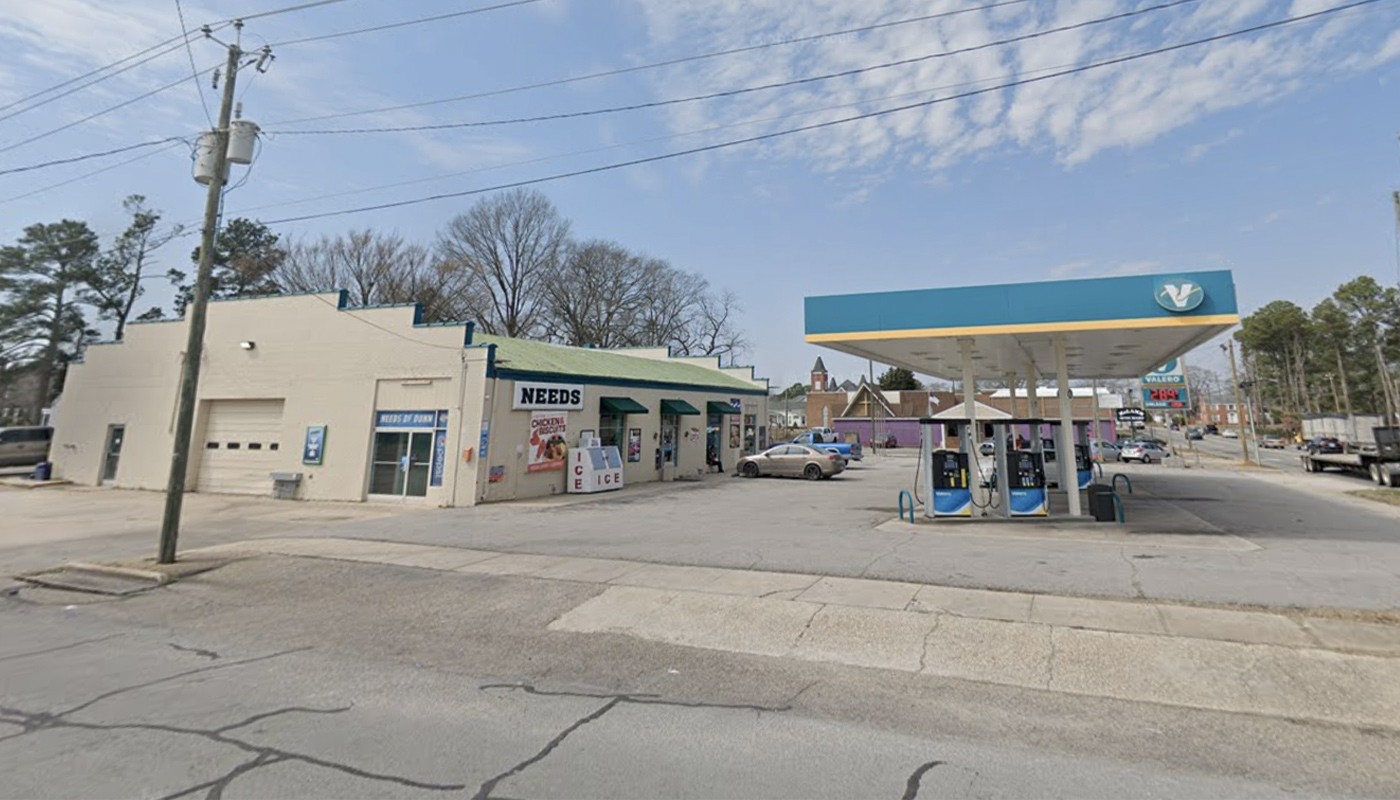
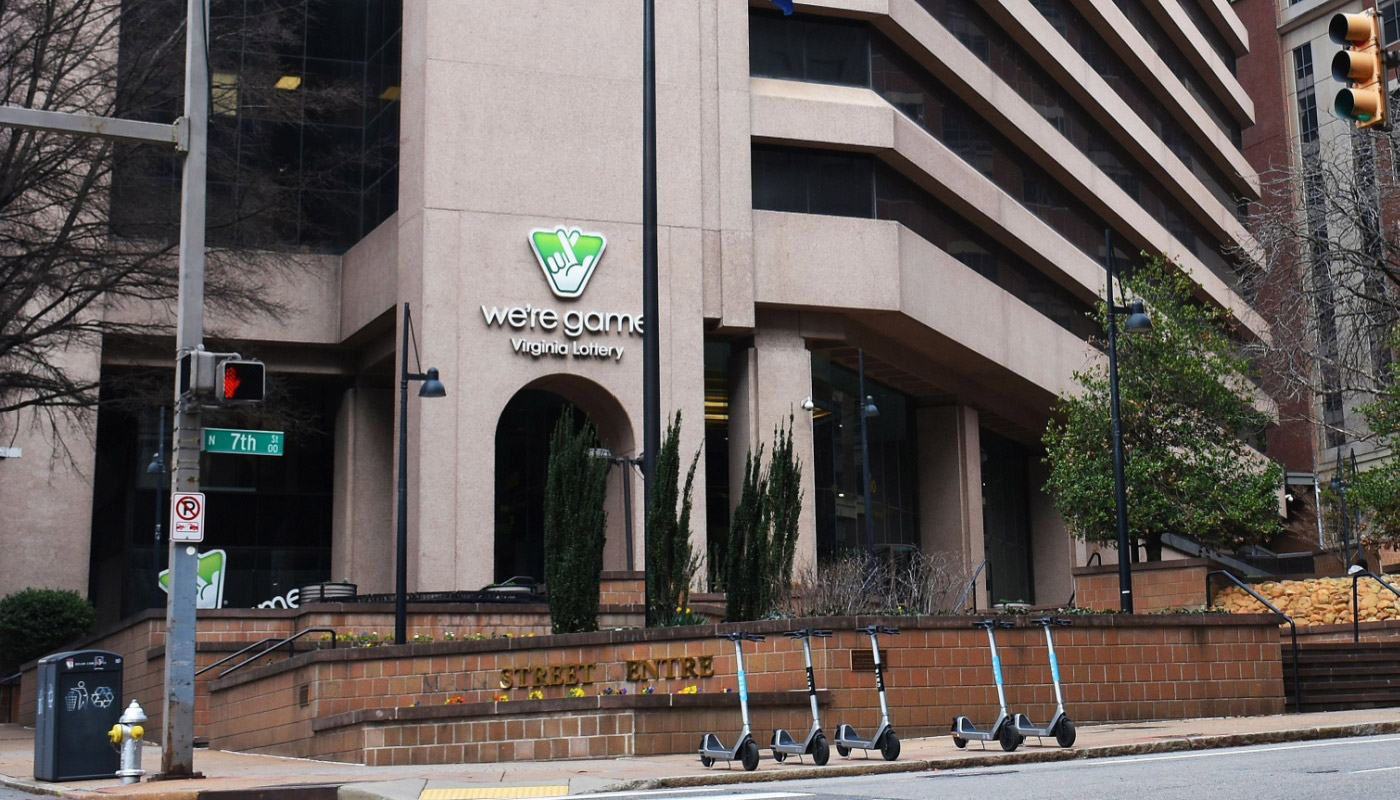
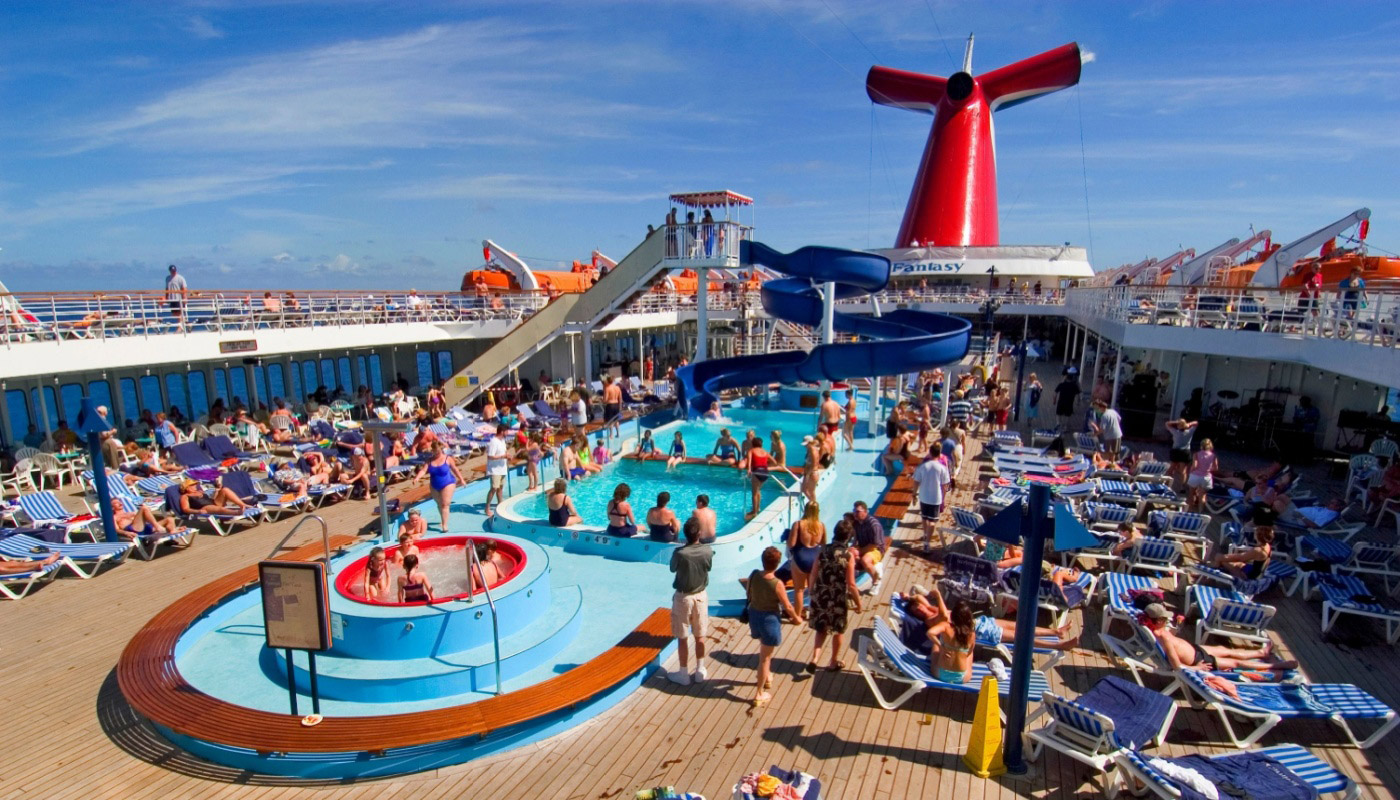









Comments